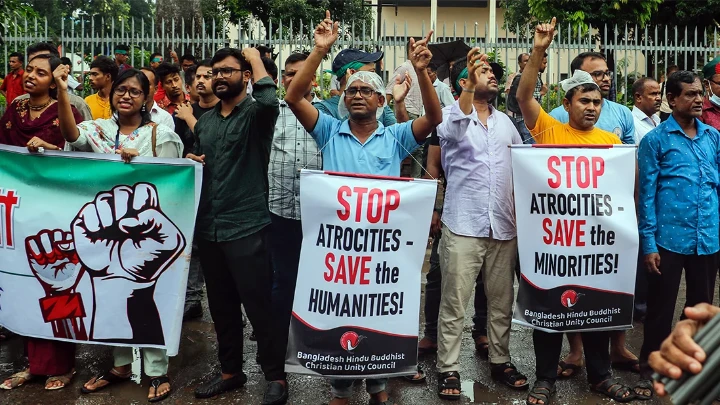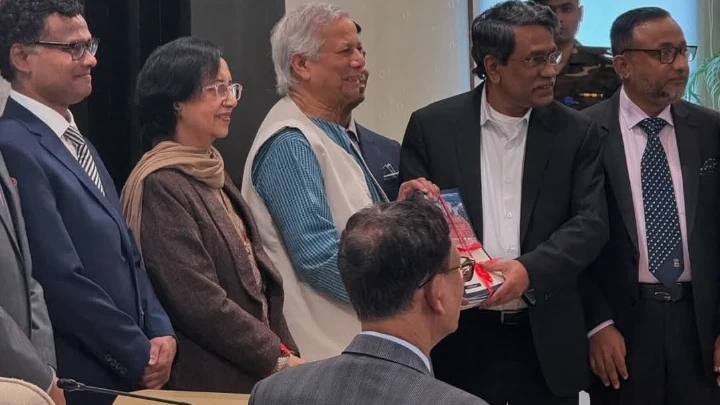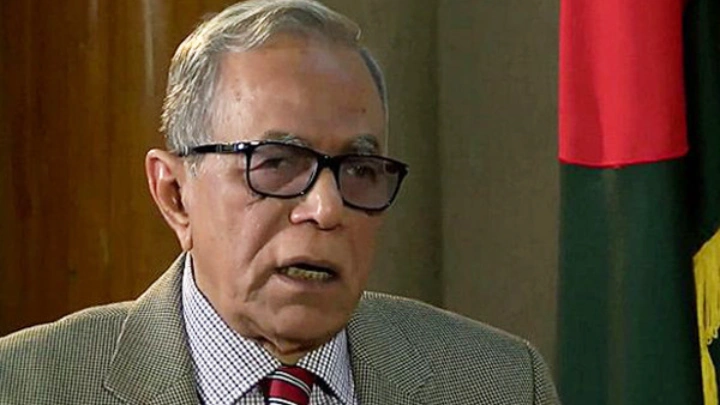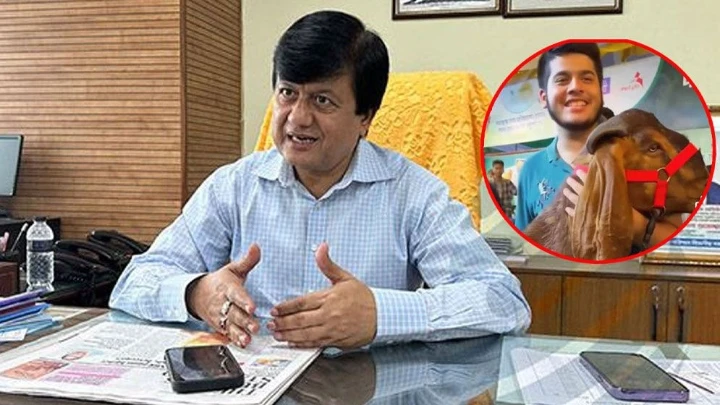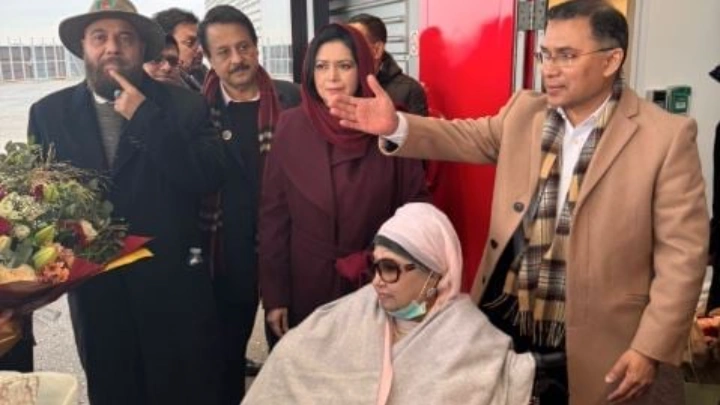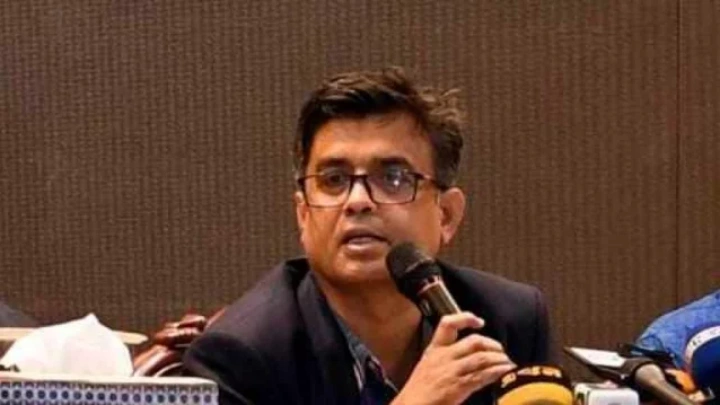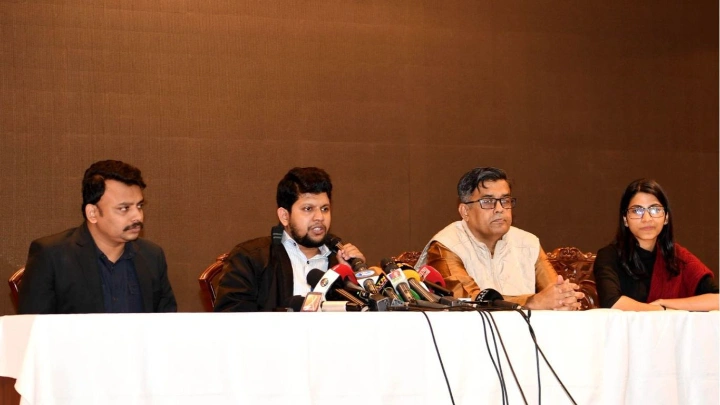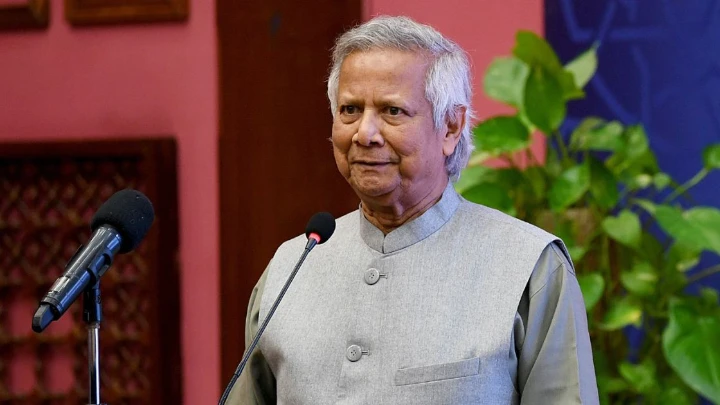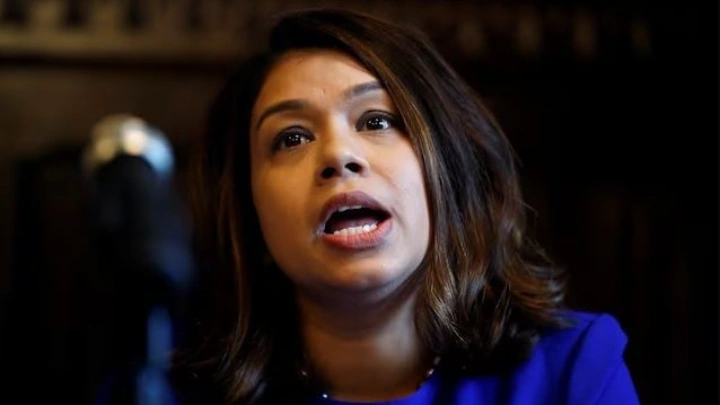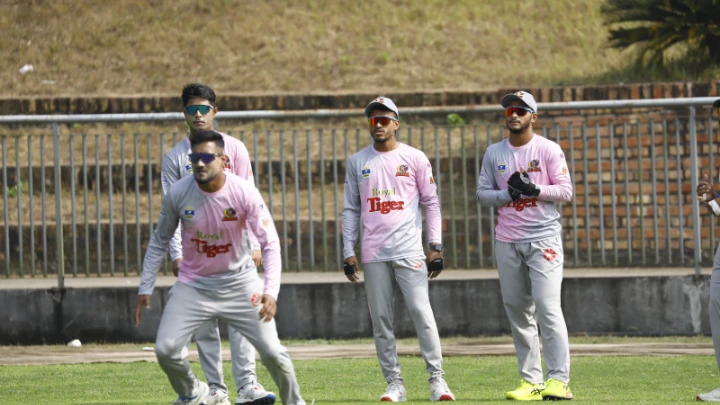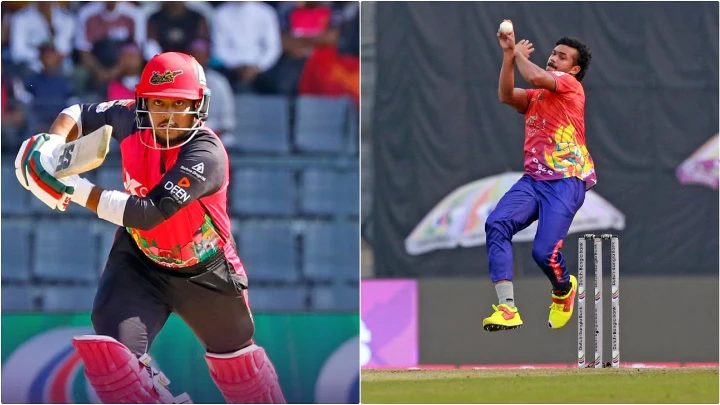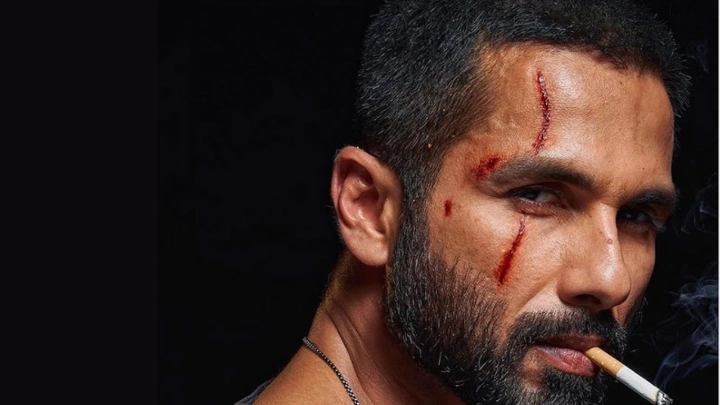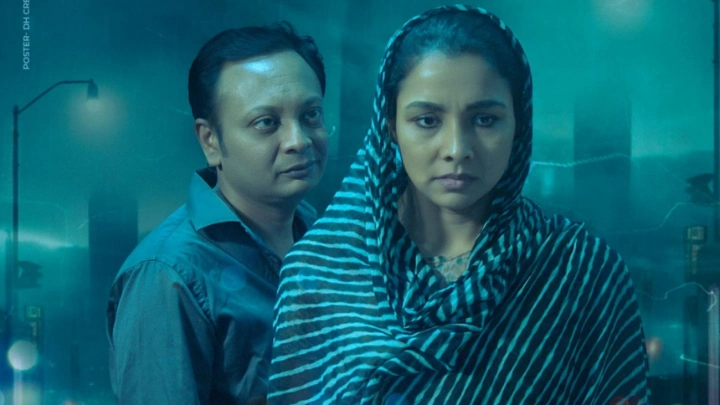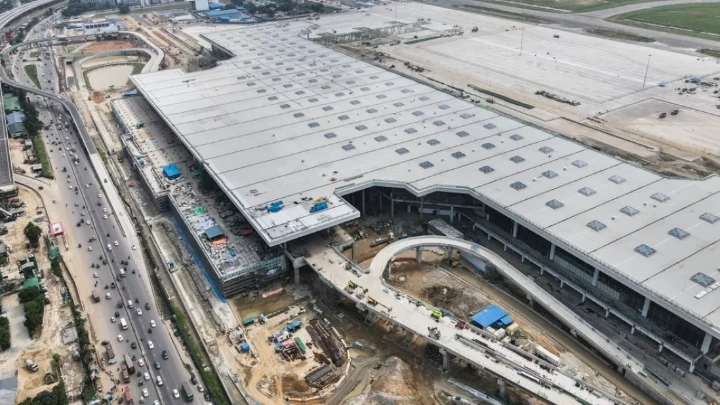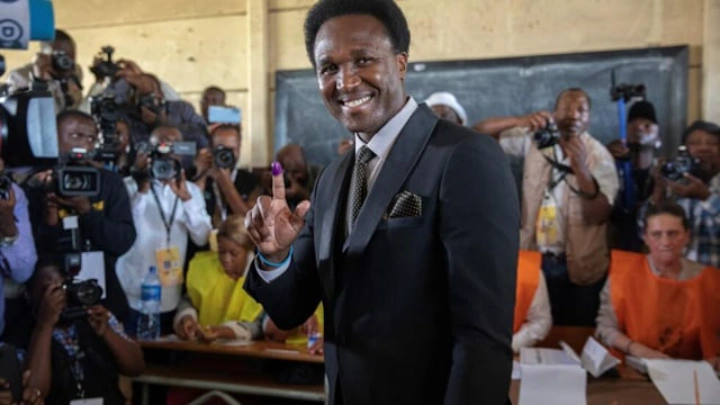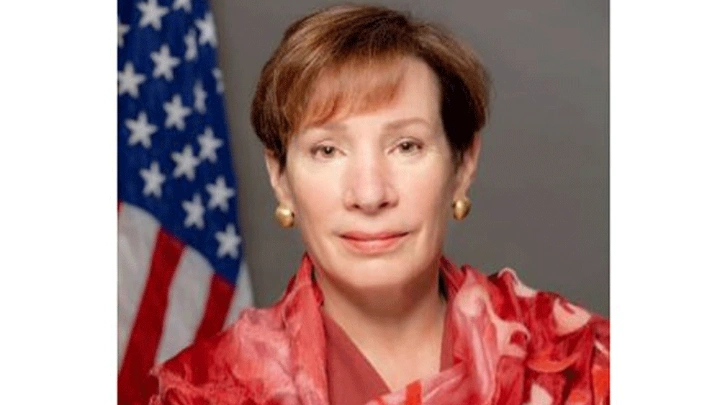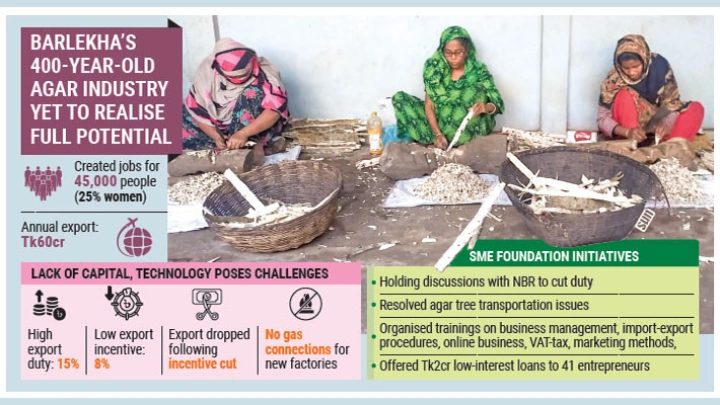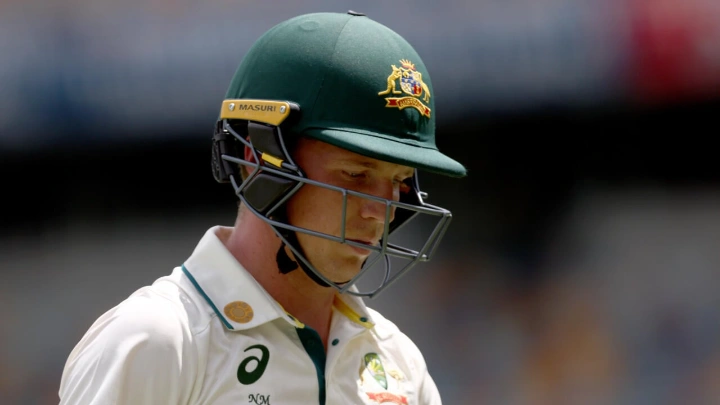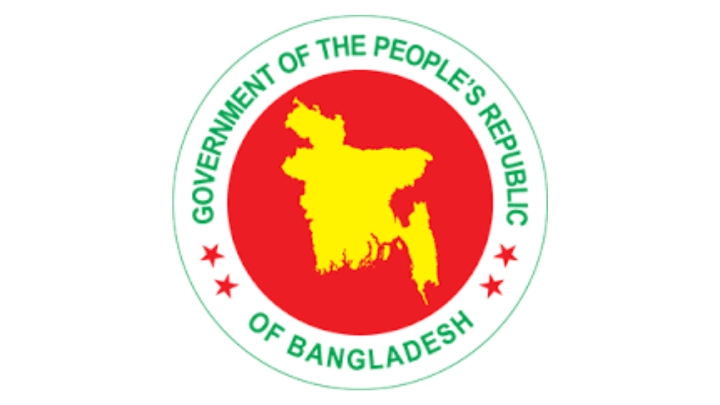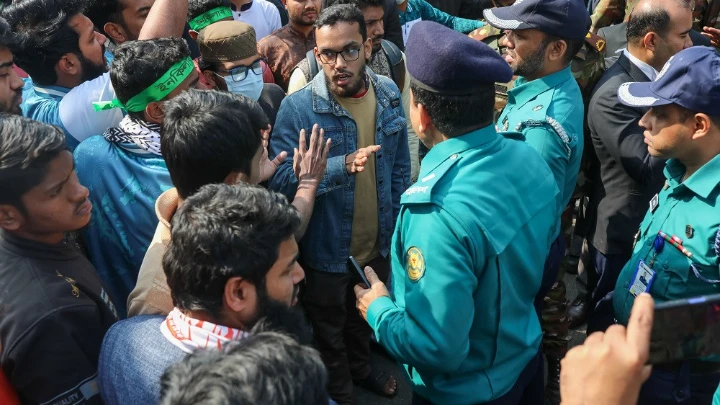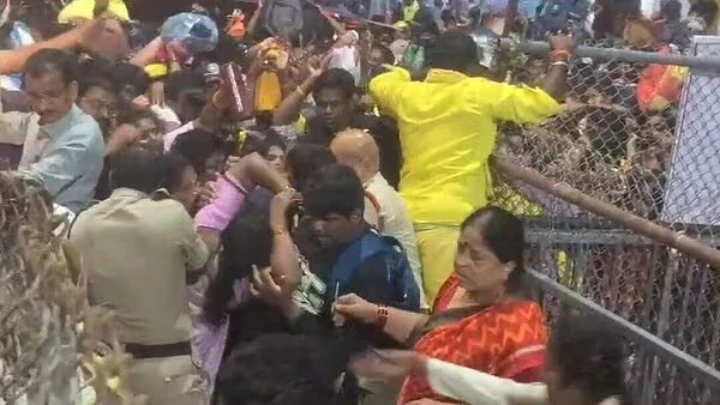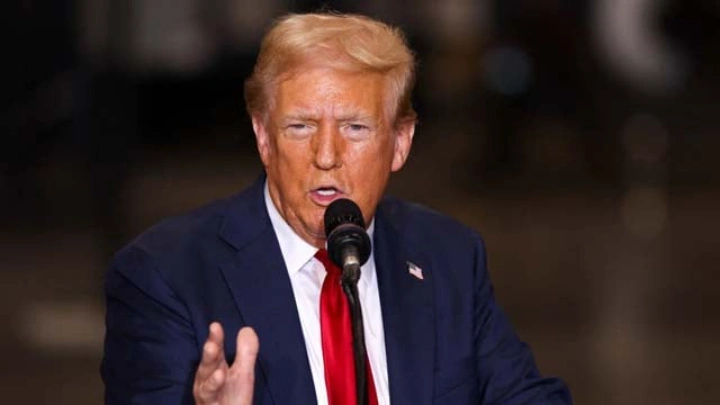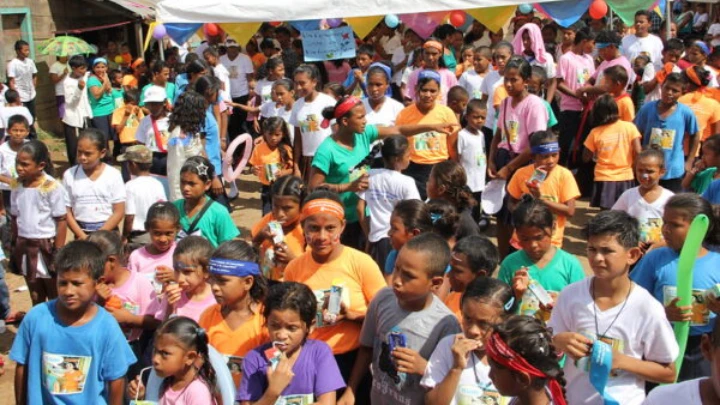BBC Verify uncovers misinformation about Hindu persecution in Bangladesh
DhakaTribune || Shining BD
Chaos erupted in Bangladesh after the resignation of Sheikh Hasina as prime minister on August 5. Amid this, numerous fake posts circulated on social media in India, claiming widespread atrocities against Hindus in Bangladesh.
BBC Verify, the fact-checking division of the BBC, investigated many of these social media posts. Its findings revealed that while there were some attacks on minorities after the fall of Sheikh Hasina's government, many rumours were also spread.
On Saturday, two organizations in Bangladesh, the Bangladesh Hindu Buddhist Christian Unity Council and the Bangladesh Puja Udjapan Parishad, claimed that there had been 205 attacks on minorities in 52 districts after Sheikh Hasina's fall.
However, it could not be independently verified whether these attacks had been motivated by religious identity or if they had been expressions of anger against those close to the Awami League government.
Meanwhile, the Indian government announced on Friday that it had formed a special committee to ensure the safety of Hindus and other minorities in Bangladesh, as well as Indian nationals residing there.
In response to reports of attacks on minorities, the Bangladeshi government plans to launch a hotline to protect religious minorities in the country.
How fake news spread on social media
Many of the fake posts claiming widespread “atrocities” against Hindus in Bangladesh were confirmed by fact-checkers to have been posted from various accounts in India.
However, some of these rumours were also spread from within Bangladesh, according to fact-checkers.
They also noted that while some attacks on Hindus had occurred, with houses being burned, Muslim homes had also been vandalized and burned.
In these cases, the targets were mostly the homes and properties of Awami League leaders and activists, and religious identity was often secondary to their political affiliation.
Local Awami League leaders and activists who have fled to India or attempted to do so confirmed that both Hindu and Muslim Awami League members’ homes had been attacked.
However, several fact-checkers believe that the issue was given a communal angle on social media from India rather than being kept political.
BBC Verify also reached the same conclusion.
Moinul guarding temple in Chittagong
Several viral posts claiming attacks on Hindu temples caught the attention of a protester named Moinul in Chittagong.
When BBC Verify contacted him, he was guarding the Shree Shree Sita Kali Mata Temple near Chittagong.
"It is our responsibility to protect them. We will protect all government installations, temples and churches," Moinul said.
He added that the posts circulating did not match the reality he was seeing on the ground. "These posts are presenting a false image of Bangladesh to the world."
After widespread repression and killings of protesters, it was not surprising that protesters and opposition members became enraged when Sheikh Hasina fled the country, the BBC Bangla article says.
On the other hand, due to attacks on police stations, there was no police presence throughout Bangladesh. During this time, looting and violence targeted the homes of former ruling party Awami League leaders and activists.
However, some ordinary citizens' homes were also looted, and some became victims of violence.
BBC Verify believes that this widespread violence created fear among the Hindu minority community.
Fake news spread from India
Amid the chaos, ultra-right-wing influencers in India took the opportunity to share misleading videos, making it seem as though Hindus in Bangladesh were under attack.
There were also rumours that the student protesters were “Islamist extremists.”
According to the social media monitoring app Brandwatch, from August 4 onwards, fake stories were spread using a hashtag that was mentioned 700,000 times on the social media platform X, formerly Twitter.
It also found that almost all the accounts that had posted trending posts were located in India.
Bangladesh-based fact-checkers, after analyzing social media in recent days, found similar information that fake news about attacks on Hindus had been primarily spread from various accounts in India.
Dr Sumon Rahman, head of the independent fact-checking initiative FactWatch, approved by University of Liberal Arts Bangladesh (ULAB), said some Hindu homes had indeed been attacked, but in almost all cases, these individuals were associated with the Awami League.
He added that a false narrative had been created, making it seem like there was communal violence in Bangladesh. “Most of the accounts spreading this fake news are from India.”
Fact-checker Rydwanul Islam from the daily Ajker Patrika said most of the fake news had been spread from Indian accounts.
"However, we have also found that fake news about attacks on Hindus was spread from within Bangladesh," he added.
More fake news
A viral post claimed that the house of cricketer Litton Das had been burned down.
Many other accounts shared the post, claiming that extremists had burned down his home.
However, it later became apparent that the house belonged to former Bangladesh national team captain Mashrafe Bin Mortaza.
Another viral post claimed that “Islamic militants” had attacked a temple in Bangladesh.
A video of a fire near a Navagraha temple in Chittagong was spread, but it was clear that the temple was not on fire.
BBC Verify received images showing that the temple was unharmed. However, it is believed that the actual target was an Awami League office behind the temple.
Temple official Swapan Das told the BBC that tables and chairs were brought out from the party office and set on fire behind the temple on August 5.
In several images taken after the fire, it was seen that posters with pictures of Awami League leaders were also burned.
Swapan added that people had been guarding the temple 24/7.
Target was Awami League, not Hindus
Two more viral posts contained misleading information, claiming attacks on Hindus. However, it was verified that the people who had been attacked were actually Awami League leaders and were Muslims.
These posts were spread from right-wing Indian accounts and later shared by verified Hindu nationalist accounts with the hashtag “savebangladeshihindus.”
Another recent viral video claimed that “Islamic militants” had attacked a Hindu village and a Hindu man had tried to escape by swimming in a pond. Indian fact-checkers found that the man in the video was a Muslim.
Sumon Rahman from FactWatch said that recently a story about two women being kidnapped had spread on social media. “One incident occurred in Dhaka and the other in Noakhali. The Dhaka incident involved a student who had been on traffic duty for a long time. Her parents forcibly took her home."
"The video was falsely portrayed as a kidnapping. In the Noakhali case, posts claimed that a woman had been kidnapped for gang rape. The truth is that the Hindu woman had separated from her ex-husband and was living with her parents. Her husband, along with some friends, forcibly took her away. This was falsely portrayed as a 'kidnapping for gang rape of a Hindu woman,'" said the professor.
Rydwanul from the daily Ajker Patrika said not only had fake news spread on social media, but some TV channels and news portals had even created news reports based on these social media rumours.
The TV channels and portals he named are all well-known Hindu nationalist media outlets.
The BBC also learned that not only in India or Bangladesh but a well-known far-right influencer in the United Kingdom had also spread such rumours.
Tommy Robinson, the influencer, shared unverified videos claiming that a “genocide of Hindus” was taking place in Bangladesh.
Actions taken by both governments
In response to reports of widespread attacks on Hindus in Bangladesh, Indian Home Minister Amit Shah formed a committee to oversee the safety of Indian nationals, Hindus and other minorities in Bangladesh.
The committee is headed by Ravi Gandhi, additional director general of the Eastern Command of the Border Security Force (BSF). Other members include two IGs from the South Bengal and Tripura border regions of the BSF and two representatives from the Land Ports Authority of India.
Amit Shah wrote on X that the Indian government had formed a special committee to ensure the safety of Hindus and other minorities in Bangladesh, as well as Indian nationals residing there.
The committee would maintain communication with the authorities in Bangladesh to ensure the safety of Indian nationals, Hindus and other minorities living there, he said.
A member of the committee told the BBC that if the body received news of anyone in trouble in Bangladesh, it would work to resolve the issue by communicating with the BSF’s counterpart in Bangladesh, the BGB.
“For instance, on Friday, a problem arose in Sitalkuchi in Cooch Behar. Many people on the Bangladesh side tried to enter India and gathered on the other side of the border. We quickly communicated with the BGB and arranged for them to be taken back. However, no such gathering occurred on Saturday."
While such news was reported in Indian media, it has not been confirmed from Bangladesh.
Some videos posted from the Indian side show people gathered on the other side of the border. However, it was not confirmed whether they intended to cross the border.
Meanwhile, Bangladesh's interim government was also set to launch a hotline to assist Hindus, the adviser for religious affairs, AFM Khalid Hossain, announced at a press conference on Saturday.
He said if there was any attack or violence against minorities, they should report it to the hotline, and the authorities would take action through law enforcement.
"Reports are coming in about attacks on the homes and places of worship of religious minorities," Khalid said, adding that there were attempts to destabilize the government and disrupt religious harmony.
"Rumours are also being spread."
The adviser emphasized that the government was committed to maintaining religious harmony and goodwill at any cost. “We will not fall into this trap.”
Outside the Shree Shree Sita Kali Mata Temple in Chittagong, Muslim and Hindu students were discussing harmony and the future.
“The purpose of spreading these rumours is to create chaos and sow discord between Hindus and Muslims,” said Moinul.
“But we will not fall into the trap,” he added.
Another local resident, Choton, who regularly visits the temple, expressed his gratitude to his Muslim neighbours.
“Thank you. As long as we are going through this difficult time, may they continue to stand by us in this way. May we continue to live together in this way in the free Bangladesh in the future as well,” Choton added.
Shining BD

